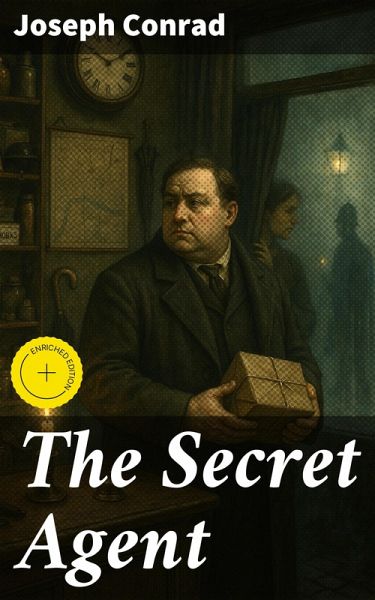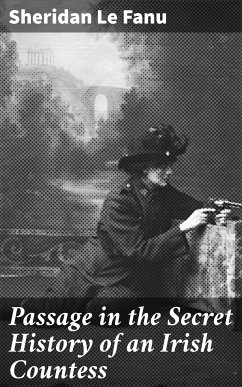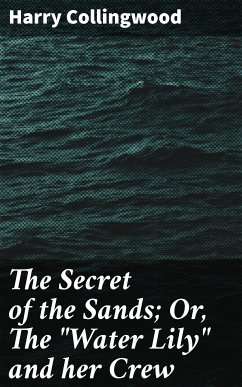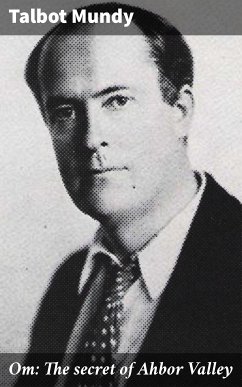
The Secret Agent (eBook, ePUB)
Enriched edition. A Simple Tale
Kommentar: Gainsborough, Harriet / Redaktion: Good Press

PAYBACK Punkte
0 °P sammeln!
In "The Secret Agent," Joseph Conrad crafts a compelling narrative that intricately weaves themes of espionage, anarchism, and the moral ambiguities of political fervor. Set in the turbulent backdrop of early 20th-century London, the novel follows a clandestine operative named Mr. Verloc, whose duplicitous life leads to unforeseen consequences when a bombing intended to incite social unrest spirals into tragedy. Conrad's literary style, characterized by its psychological depth and incisive social commentary, reflects the era's anxieties surrounding terrorism and state control, positioning the ...
In "The Secret Agent," Joseph Conrad crafts a compelling narrative that intricately weaves themes of espionage, anarchism, and the moral ambiguities of political fervor. Set in the turbulent backdrop of early 20th-century London, the novel follows a clandestine operative named Mr. Verloc, whose duplicitous life leads to unforeseen consequences when a bombing intended to incite social unrest spirals into tragedy. Conrad's literary style, characterized by its psychological depth and incisive social commentary, reflects the era's anxieties surrounding terrorism and state control, positioning the book as a profound critique of both individual and collective ethical dilemmas. Joseph Conrad, born in Poland and later settling in England, became known for his exploration of complex human motivations within fraught political landscapes. His background as a sailor and his experiences navigating diverse cultures contributed to his nuanced understanding of the moral intricacies portrayed in his works. "The Secret Agent," published in 1907, draws from the real-life events surrounding the London anarchist community and serves as a prescient reflection on the forces that drive men to radicalism. This novel is essential for readers intrigued by psychological thrillers and sociopolitical commentary. Conrad's exploration of the darker aspects of human nature and the convoluted nature of loyalty makes "The Secret Agent" a timeless exploration of the underlying forces shaping personal and societal choices. It invites readers to reflect on the fine line between idealism and terrorism, making it a provocative read for anyone seeking depth in their literary exploration. In this enriched edition, we have carefully created added value for your reading experience: - A succinct Introduction situates the work's timeless appeal and themes. - The Synopsis outlines the central plot, highlighting key developments without spoiling critical twists. - A detailed Historical Context immerses you in the era's events and influences that shaped the writing. - An Author Biography reveals milestones in the author's life, illuminating the personal insights behind the text. - A thorough Analysis dissects symbols, motifs, and character arcs to unearth underlying meanings. - Reflection questions prompt you to engage personally with the work's messages, connecting them to modern life. - Hand-picked Memorable Quotes shine a spotlight on moments of literary brilliance. - Interactive footnotes clarify unusual references, historical allusions, and archaic phrases for an effortless, more informed read.
Dieser Download kann aus rechtlichen Gründen nur mit Rechnungsadresse in A, B, BG, CY, CZ, D, DK, EW, E, FIN, F, GR, H, IRL, I, LT, L, LR, M, NL, PL, P, R, S, SLO, SK ausgeliefert werden.












